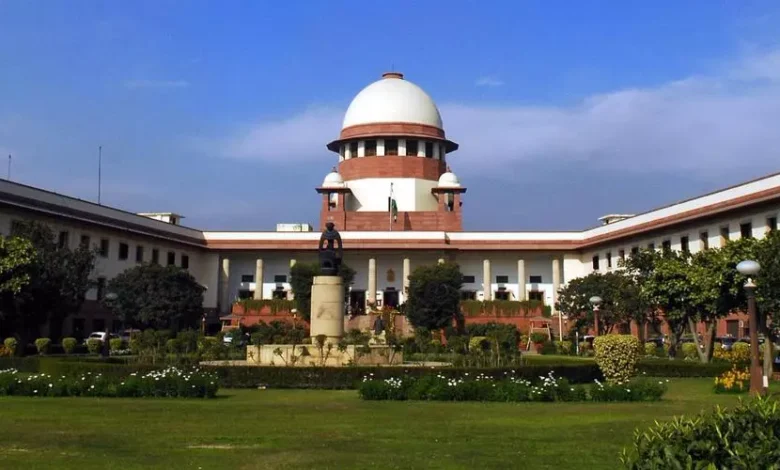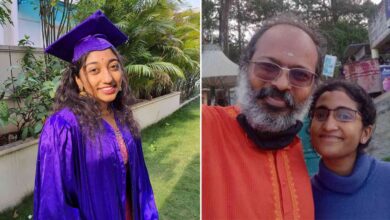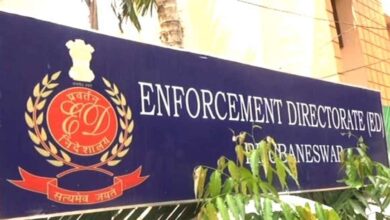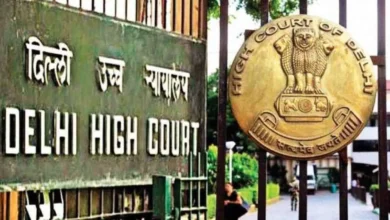Supreme Court says private property not beyond state jurisdiction
The outcome will affect nearly 19,000 properties in Mumbai, as the state aims to acquire dilapidated buildings for reconstruction, offering compensation based on current rents

The Supreme Court of India, comprising nine judges, recently discussed the extent of state authority over private property. They considered whether the government could regulate private assets for the public good and future generations’ benefit. The court emphasized that private property is not immune to state intervention, especially when it concerns sustainable development.
Balancing Individual Rights and Community Welfare
The leader of the bench, Chief Justice Dhananjaya Y. Chandrachud, highlighted that Article 39(b) of the constitution aims to promote social progress. He warned against the dangerous belief that private ownership can override this article.
The debate originated from a series of cases in Maharashtra, where property owners in Mumbai challenged the state’s power to acquire old and dilapidated buildings for redevelopment. The state government invoked Article 39(b) and argued that it was acting for the common good. However, the property owners contended that private property should not be treated as a community resource.
The Chief Justice clarified that the constitution’s guiding principles are based on a philosophy that regards property as a trust for sustainable development. He pointed out a shift in understanding property rights, moving away from strictly capitalist or socialist views. The judges also referred to historical land reforms and suggested that property is held in trust for future generations and the broader community, which is known as intergenerational equity.
Legal Protections and Constitutional Debates
The bench agreed to delve into whether the Maharashtra Housing and Area Development Act falls under the constitutional protection of Article 31C. This article safeguards laws that align with Article 39(b) and (c) from being challenged based on equality or freedom of speech rights.
Although not initially tasked to the nine-judge panel, the court decided to address uncertainties surrounding Article 31C, which had been amended and partially struck down in past rulings.
The Solicitor General, representing Maharashtra, advised against this examination, noting that the original Article 31C remains valid. The Attorney General concurred, suggesting that Article 39(b) could still be scrutinized based on public interest.
The court differentiated this case from another significant judgment, asserting that the absence of Article 31C does not invalidate laws under its protection; instead, the state must prove these laws do not infringe upon fundamental rights.
As the discussions were inconclusive, the court scheduled a follow-up hearing. The outcome will affect nearly 19,000 properties in Mumbai, as the state aims to acquire dilapidated buildings for reconstruction, offering compensation based on current rents. Property owners have challenged this, arguing that private property should not be classified as a community resource under Article 39(b) and contesting the fairness of rent control laws.
You might also be interested in – Patanjali’s new apology bigger than before after Supreme Court knock



